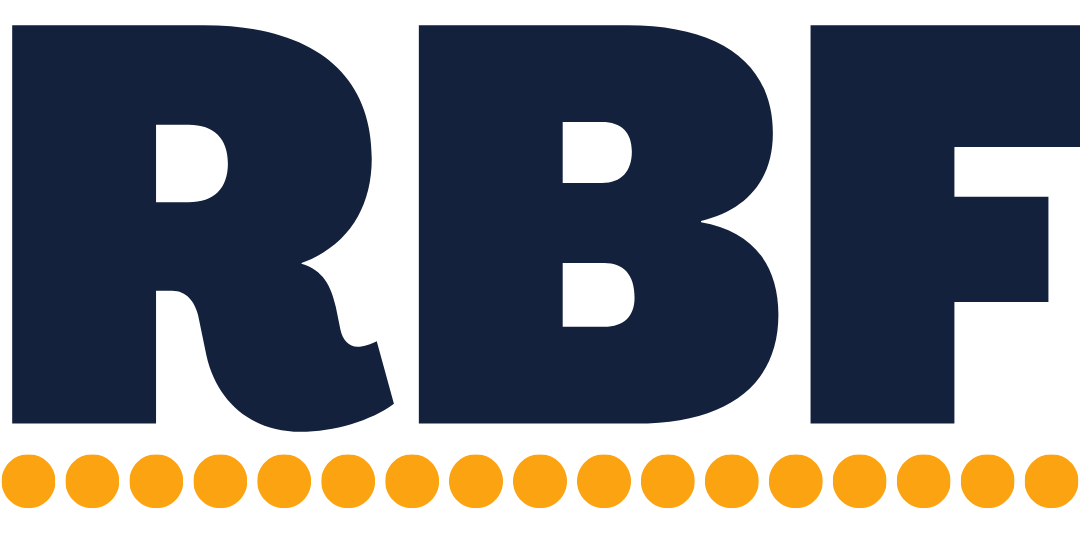How to set effective goals for a successful year-end
Hey, I’m Michael Eckstein 👋, and this is ‘Ordinary & Necessary’, a weekly newsletter about the boring business topics that don’t get enough traction on the web, but will help you manage and grow your business. You signed up on my website. If you’d like to unsubscribe, just click the link at the bottom of this email. No harm, no foul, I’d love to have you back sometime.
Shana tova! It’s Rosh Hashanah (aka the Jewish New Year), fall officially starts this Tuesday, and we have roughly 100 days left in the year. That means it’s time to set a few year-end goals, plan for the rest of 2020, and finish the year strong before we fall into the dreaded end-of-the-year, holiday business slump.
When I set goals, I always use the SMART goal framework: specific, measurable, achievable, relevant, and time-bound (Learn more here). It really helps me think through my objectives and create actionable goals that can be achieved. Without it, my goals always wind up a bit wishy-washy and useless (eg, “I hope I make more this year.”). But, remember, it’s just a framework and, like all other frameworks, you really need to think each step through. Don’t just check off the boxes and move on because then you’ll wind up with half-baked goals.
Goal-setting tips:
- Measurable: It’s easier to plan for a finite, measurable goal (eg, 5 new clients vs more business) than an unmeasurable one. A finite goal can be achieved with a finite input which will give you the motivation to keep going. For example, if you want 5 new clients and you know it takes 50 cold outreach emails per new client then you know it’ll take roughly 250 emails to hit your goal. 250 cold emails is doable. An unknown amount of emails to hit an unknown goal isn’t. On top of that, you can never really achieve an unmeasurable goal. No matter how much new business you win, there’s always more business out there. You’ll never truly reach ‘more business,’ you won’t hit your goal, and it’ll leave you discouraged.
- Attainable: Be realistic. Like, reallyyy realistic. Your short-term goals should be achievable steps that help you shoot for the moon. They shouldn’t be shooting for the moon in and of themselves. For example, NASA literally landed on the moon. That was an absolutely crazy goal, but every short-term goal along the way was an attainable step in the right direction.
- Out of sight is out of mind: After you’ve settled on your goals, you need to put them somewhere you can see them. I personally tape a sticky note to my computer screen. You can also a) set a daily reminder/calendar event to review them every morning, b) change your phone’s background pic to a picture of your goals, or c) write them out on a sheet of paper and tape them somewhere you’ll see them (wall, door, etc).
- Accountable: Accountability is huge. You’re much more likely to get things done when someone is checking up on you. Find a tough accountability buddy that won’t let you slack off on your goals and check in on each other once a week.
- Make sure it’s SMART: After you’ve written your goals, go back through them, and ask yourself, “is this goal specific, measurable, achievable, relevant, and time-bound?” If it isn’t, rework your goal and add in the missing parts of the framework.
Action Item: Write out at least one SMART goal and stick it somewhere you’ll see it. (Want me to hold you accountable? Email me your goal and I’ll follow up in January.)
Have a great weekend, a happy new year, and stay safe! 🍎🎉
Michael Eckstein
P.S. Here are my very real, very honest goals that I’d like to achieve by year-end:
1, build this email list to 150 subscribers (It’s a very small list. Thanks for being here!)
2, be a guest on 2 relevant small business podcasts
3, build my LinkedIn following to 1,000 people and consistently get more than 200 views per post
4, launch a beta test/validation for a new consulting service to 2-3 people
5, keep up my Duolingo streak by doing 2 lessons each day
Now you’re holding me accountable 🙂
